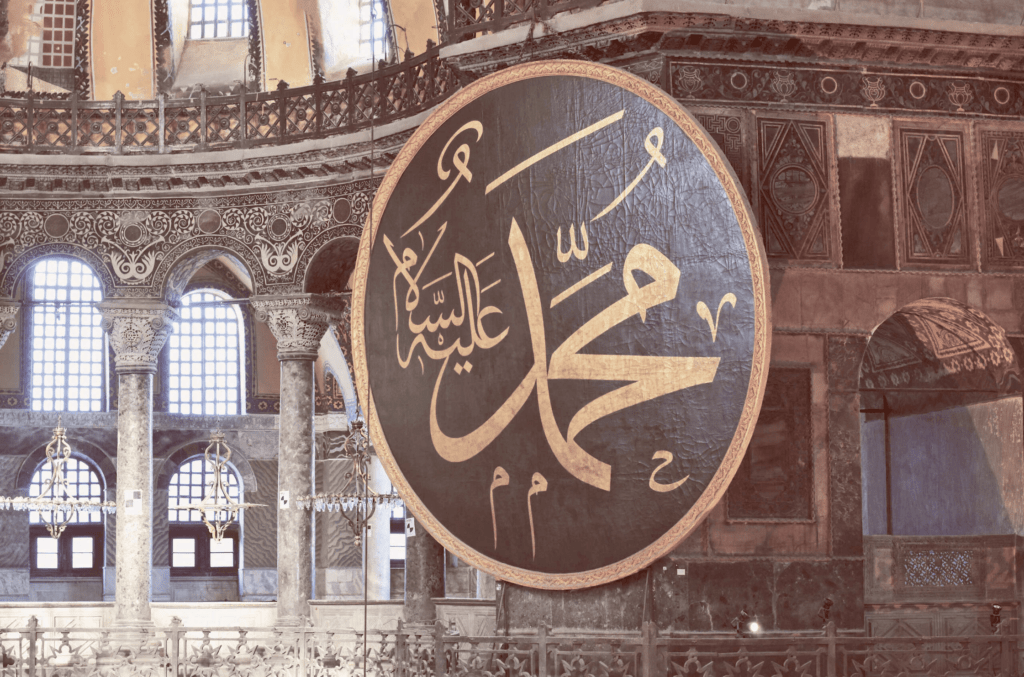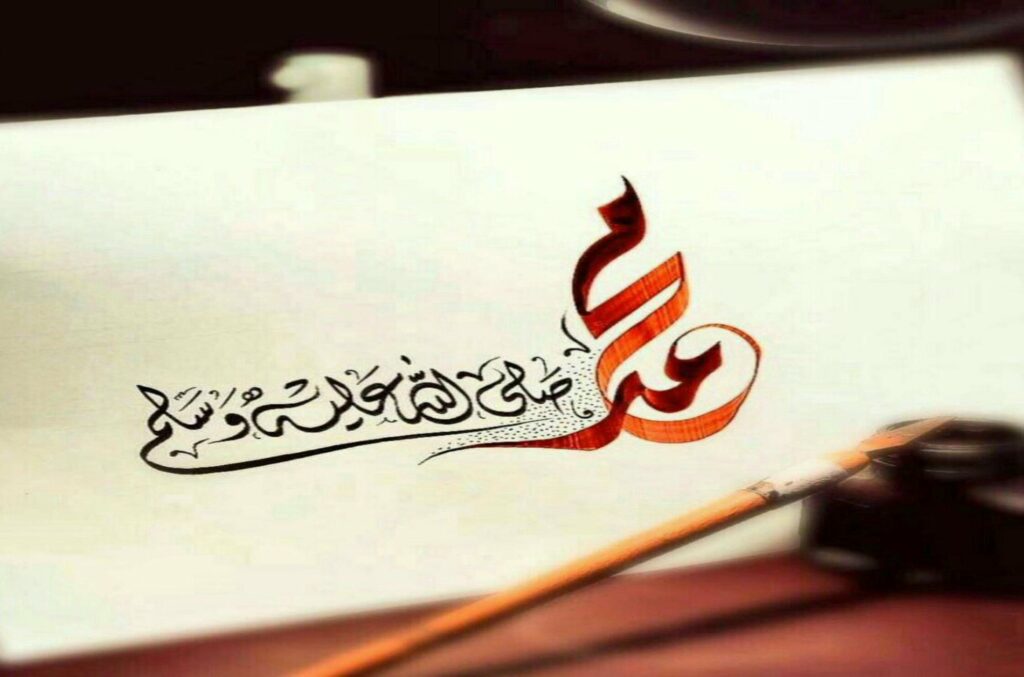Dhikr (the ‘remembrance’ of Allah) can be categorised as follows:
1. General Forms of Dhikr
This is when one remembers Allah at general and unspecified times, as the Messenger of Allah ﷺ used to do. These words can be uttered at any time and in unlimited quantities This type of dhikr includes the recitation of the Qur’ān, tahlīl (لَا إِلٰهَ إِلَّا اللّٰهُ), tasbīḥ (سُبْحَانَ اللّٰهِ), taḥmīd (اَلْحَمْدُ لِلّٰهِ), takbīr (اَللّٰهُ أَكْبَرُ), ḥawqalah (لَا حَوْلَ وَلَا قُوَّةَ إِلَّا بِالله), istighfār, ṣalawāt and the Names of Allah.
Dhikr also includes other good deeds such as seeking knowledge, enjoining the good and forbidding the evil etc. Anything which brings you close to Allah is considered as ‘dhikr’.
Anyone who does an act of obedience for the sake of Allah is remembering Allah. – Imām al-Nawawī (raḥimahullāh)
2. Specific Forms of Dhikr
These are the supplications (duʿās) and remembrances (adhkār) which are to be said in specific places and times, in specified quantities, and in their specific wordings.
These include the adhkār of the morning and evening, before sleep, after ṣalāh, and the adhkār of other actions (e.g. eating, wearing clothes, entering & leaving the house).
Is It More Rewarding to Pray Salah, Recite Qur’an or Do
Dhikr and Duʿa’?
In general, the order of the most virtuous deeds is as follows (starting from the most rewarding):
Duʿā’ is an expression of a servant’s humility which is the essence of worship. However, dhikr is more virtuous than duʿā’, because dhikr is praising and glorifying Allah; whilst duʿā’ consists of the servant asking Allah for something he himself wants.
Reciting Qur’ān is more virtuous than dhikr as the Qur’ān is the word of Allah. However, ṣalāh is the best of all deeds as it is a combination of Qur’ān, dhikr and duʿā’.
Yet, each of these should be considered in their own right. Some situations elevate the virtue of certain actions over others. For example, when one is in rukūʿ and sujūd, it is actually forbidden to recite Qur’ān. Or when one finishes ṣalāh, it is more virtuous to do the adhkār after ṣalāh instead of reciting Qur’ān. Similarly, there are times specified by the Messenger of Allah ﷺ in which duʿā’ is accepted. It is more virtuous to make duʿā’ instead of other acts of worship during these times. Thus, every situation has to be understood according to its own context.
In some situations, it will be more suited for you to perform ṣalāh. In others, reciting Qur’ān, doing dhikr or duʿā’ will be more suitable. Try to allocate time for each in your daily schedule.
When Ibn Taymiyyah (raḥimahullāh) was asked about which is more virtuous, istighfār (seeking forgiveness) or tasbīḥ (glorifying Allah), he replied, “If the cloth is clean, then incense and rose water is better; but if it is dirty, then soap and hot water are more beneficial.” In other words, if you have sinned, it is more virtuous to do istighfār than to do tasbīḥ
In summary, despite the overall superiority of the Qur’an, especially its recitation in ṣalāh, remembering Allah (subḥānahū wa taʿālā) with prescribed adhkār at their specific times is more virtuous. This is because the Messenger of Allah ﷺ encouraged and prescribed certain supplications for certain times and occasions.
“The best dhikr is reciting Qur’ān in ṣalāh; then reciting Qur’ān outside of ṣalāh; then doing dhikr.” – Sufyān al-Thawrī (raḥimahullāh)







